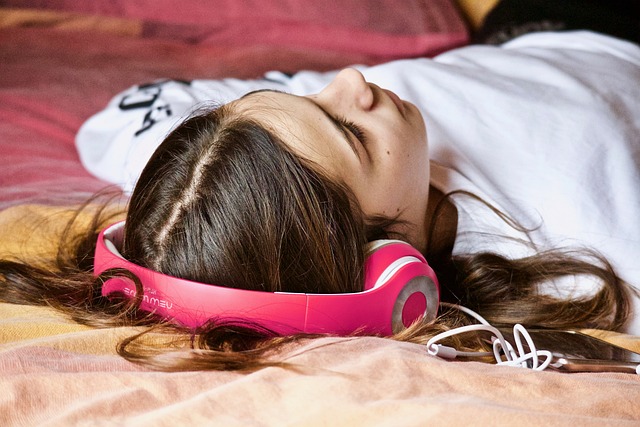Not everyone is a morning person that can stick to a routine and enjoy it. Still, having a morning routine that is effective and productive can help start your day on the right track, day in and day out. If you struggle with this, read on for five tips that can help you implement a productive morning routine.
Don’t Hit Snooze
Some people may struggle getting out of bed because they still feel tired. That is where the snooze button comes in—this is the first way you ruin your productive day! Make sure to keep your alarm anywhere else but next to you to reinforce that you need to get up in order for your alarm to be silenced. This will make it increasingly harder to go back to bed and oversleep.
Cold Shower
While taking a cold shower may seem like a crazy idea on the surface, it has many potential health benefits. Implementing cold water in your shower will help wake you up, burn calories and reduce stress. This doesn’t mean the water needs to be freezing, it just needs to be a little colder than normal and you can work your way down to colder and colder if you desire. If this seems impossible at first, begin by turning the temperature down for the remaining 30 seconds of your shower to start seeing how it impacts your mental state.
Lemon Water
Lots of people start their day with coffee or tea, and while both drinks have some health benefits, these are not the best morning drinks for your body. Water with lemon actually helps keep your body hydrated, while coffee contributes to dehydration. Having a cold glass of water takes minimal effort and boosts your mood and can also help with motivation. Try transitioning to this drink by opting for a warm mug of lemon water to start.
Prep Your Days
One of the most beneficial things you can do for yourself is plan. If you make a plan and a to-do list for your days, this helps keep you on track and prioritize your most important tasks first. Not only does this keep you on track but it limits your stress because you know exactly what you need to get done for each day.
Quiet Time
Include at least fifteen minutes every morning to yourself. You can spend this time exercising, mediating, doing yoga or anything that would benefit your mind and body. Keep your phone away from you and set a timer so you can stay on track with this habit. If you have your phone nearby, you will be tempted to check your email or scroll on social media during this time. By indulging in your phone this can dictate how you spend your day, but it is YOUR day so take advantage of some me time by building mindfulness into your routine.
Implementing these habits into your morning routine may help you become the morning person you don’t believe yourself to be. Not only that, but it can increase your motivation on the work you need to get done throughout the day.
Dr. Barbara R. Edwards, Princeton Internist, practices at Penn Medicine Princeton Health in the Penn Medicine Princeton Medical Center. She is also the Academic Director for the Ambulatory Residency Program at Penn Medicine Princeton Health.






